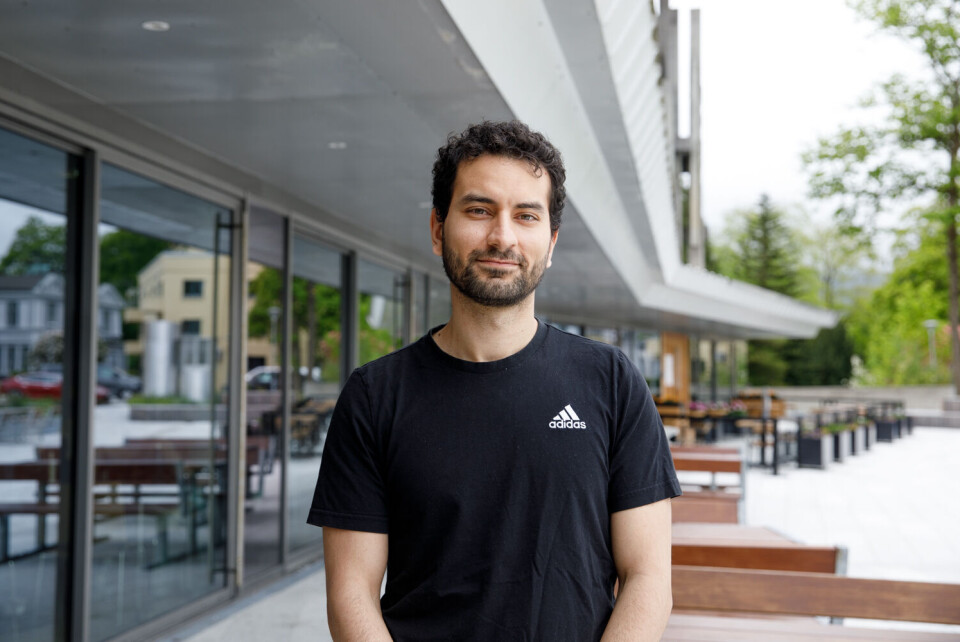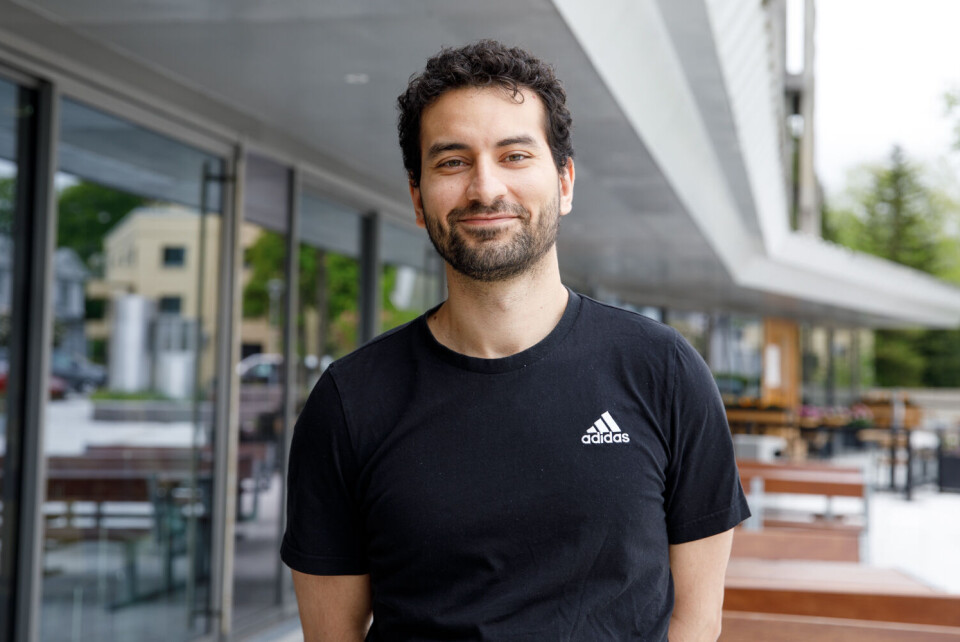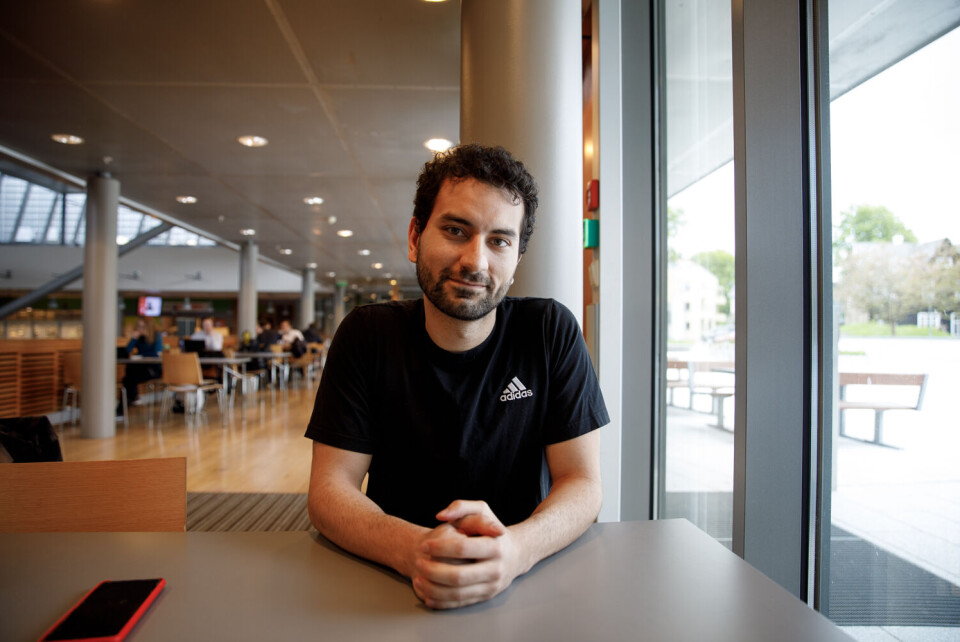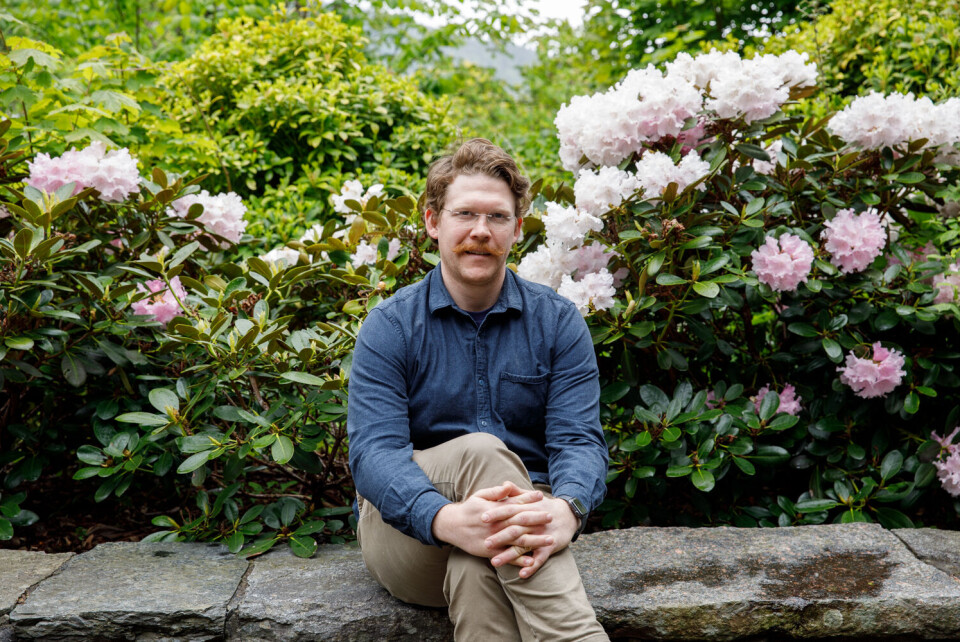English
What now?
Planning life after graduation may be exciting. However, for some international students, finishing their study time brings uncertainty.

International students from outside the EU/EEA and Switzerland have to follow immigration rules and deal with bureaucracy. For many of them, it is not guaranteed that they will be able to stay in Norway after graduation.
Studvest asked two international students who finished their education this year about their further plans.
Feeling unwelcome
28-year-old Haithem Merchaoui moved to Bergen from Tunisia in August 2021 to study the master’s program in finance at NHH. He visited Bergen for the first time as a tourist in 2018 and loved it, so three years after the trip, he decided to move here.
Now, four months before his expected graduation, he summarizes his student life in Norway as a disappointing experience. Mostly because of cultural differences.
– It’s difficult to live in Norway as a foreigner. It’s a very small country and not diversified enough to integrate easily, he says.

– Norwegian people are amazing. They’re very nice but it’s hard to get to know them on a personal level. You can go out with people and have fun, but the next morning it’s usually like nothing happened. And at NHH it feels like there are two classes of people – Norwegians and foreigners, Merchaoui says.
Troubling bureaucracy
Merchaoui highlights that his main problem is Norwegian bureaucracy. After arriving in Norway, he had to wait over four months for a residence permit.
– This is crazy because the residence permit is only for one year, but it takes so long to get it. Not having a residence means not being allowed to leave Norway, or a need to have a visa to come back, he explains.
During his studies at NHH, Merchaoui went on an exchange to Japan. But because of the problems with the bureaucratic process at the Norwegian Directorate of Immigration (UDI), he could not come back to Norway. As a result, he had to delay his master’s with one semester.
In his opinion, UDI’s procedures express the government’s attitude towards immigrants:
– It seems like the government doesn’t want foreigners here.
Read UDI’s answer further down in the article.
This is the main reason why he is not sure now if he wants to stay and work in Norway after graduation.
– When I moved to Bergen, I was hopeful I could stay here. But now I feel unwelcome. If I find a job before graduation, then I’m gonna stay. If not, I’m gonna try another country.
He highlights that he is very confident in his abilities and believes that as a graduate of NHH, he can easily find a job. But at the same time he feels that even after getting a good job in Norway, he will not feel more included in the society.
– I feel more bergensk than South African

Others feel right at home in Norway.
Anthony Morton, a 30-year-old student from South Africa, has just finished his master’s degree in philosophy at the University of Bergen (UiB). He describes his study time in Bergen as a wonderful experience that he is very grateful for. Moreover, as he declares, he feels well included in the Norwegian society:
– I don’t feel like an outsider. I feel more bergensk than I do South African. I feel more foreign in South Africa than I do here, he says and exclaims:
– Bergen is home.
He plans to stay in Bergen and apply for a PhD position, to become an artistic researcher. In the meantime he wants to do the post studies semester and take extra courses, in order to still be linked to the university.
Staying in the country as a humanist
Despite the optimistic attitude, Morton remains aware of the immigration rules in Norway. He keeps in mind that in his case, staying in Norway after finishing his studies is not guaranteed.
– Even if you are well educated, talented, and hard-working, there are many different hoops through the immigration process that you need to be geared up for.

– Norway retains the people that they’ve educated in fields such as engineering or fisheries. The visa process is designed for the sort of people who directly contribute to the economy in a very obvious way, and not so much in an indirect kind of way that many people who study humanities degrees do. For example, enhancing the cutting-edge international cultural arena in Bergen, he observes.
If his dream does not come true, he considers a plan B. As he has an ancestral visa for the UK, he is considering moving there.
But he hopes that even if plan B is needed, there will be a possibility to execute plan A in the future:
But if all does not go to plan this time, he hopes to return to Bergen later on.
– I think Bergen is one of those places I could come back to because I love it here.
Several factors determines the processing time
Asked for a comment on Merchaoui’s experiences, Christiane Heffermehl Lange, who leads the unit in UDI that processes study permits, writes in an e-mail to Studvest that

– Students are recommended to apply for a renewal of their student permits at least one month before their residence permit expires. After they apply online, they have to book an appointment with the police to hand in their documents. Only after the appointment with the police do we consider that the application is submitted. Many applications for renewal of a study permit are processed by the police. If the police cannot process your application themselves, they will send it to the UDI.
As Heffermehl Lange adds:
– The UDI receives a lot of applications, and most students renew their residence permits during the summer months. At the same time, the UDI also processes all new first-time applications for a student permit, and these applications are prioritized so that students can get a residence permit before their studies start. These are some of the factors that play in and determine the waiting time.
Asked for a comment on Merchaoui’s feeling of being unwelcome in Norway because of the bureaucratic processes, Heffermehl Lange writes:
– The UDI always tries to process applications within the expected waiting time. Since most students usually get a residence permit for one year or one semester, it is important that they get an answer to their application. While the waiting time may seem long for a student, who is in Norway for a short period of time, the waiting time for renewal of study permits has actually decreased since 2022. It is also possible to ask for a case to be moved in front of the queue if a student needs to travel for a study trip.















